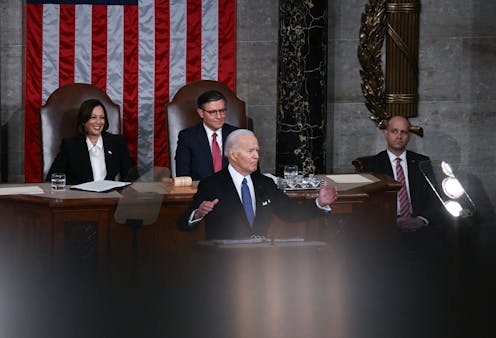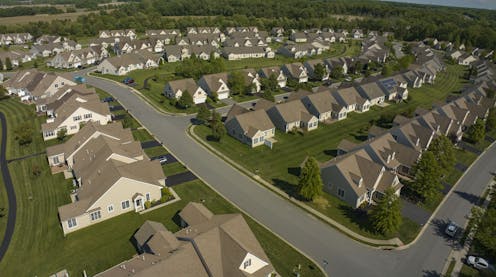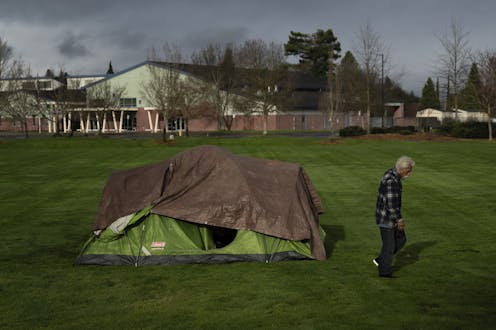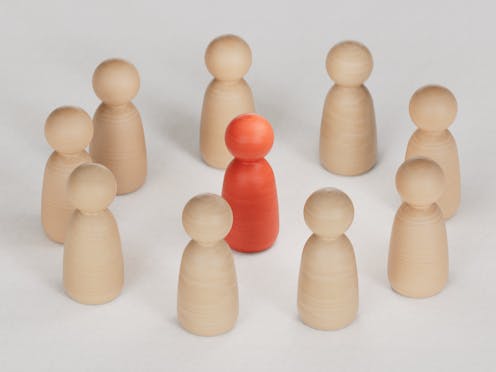Forget dating apps. These millennials want to save the world
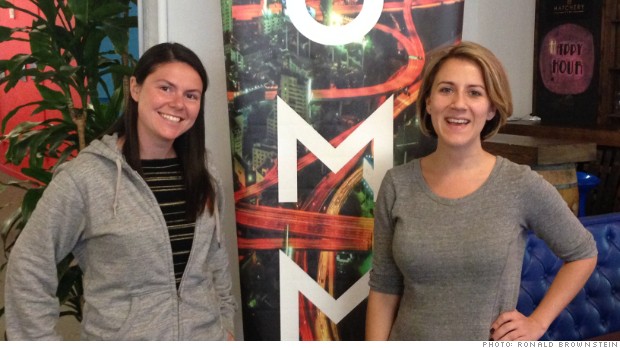 Julie Lein, left, and Clara Brenner, cofounders of San Francisco-based accelerator Tumml.
Julie Lein, left, and Clara Brenner, cofounders of San Francisco-based accelerator Tumml.SAN FRANCISCO (CNNMoney)
For a case in point, consider Clara Brenner and Julie Lein, cofounders of a two-year-old "business accelerator" known as Tumml. Brenner, 29, and Lein, 30, operate from a glamorously scruffy neo-industrial space that could be lifted from a movie about the start-up experience, with its location in San Francisco's trendy SoMa (South of Market) neighborhood, exposed pipes on the ceiling, and repurposed vintage diner booths in the communal kitchen. Brenner didn't even look up from her conversation the other day when one aspiring entrepreneur rolled by on a skateboard.
Most of the young people huddling at the long tables around Brenner and Lein in the sprawling office are dreaming of launching the next Facebook(FB, Tech30) or Uber. The two young women have a different goal: supporting a new generation of "urban impact start-ups" that aim to tackle civic problems, while turning a profit along the way. Their firm provides funding, mentoring, and practical guidance for start-ups that aim to address challenges from education to transportation to boosting local small business.
"You open TechCrunch or The Wall Street Journal, and you read about start-ups changing the world through the next dating app or on-demand butler service," Brenner says. "It's pretty disheartening. They're not solving problems that at least Julie or I particularly care about. We wanted to see more start-ups solving real problems like homelessness and transportation."
Related: How will Silicon Valley compete with New York?
In their instinct to tackle such civic problems by incubating start-ups, Brenner and Lein capture a profound generational shift that is changing the way many young people think about contributing to their communities. Two or three decades ago, it's easy to imagine that someone like these women concerned with say, homelessness, might have expressed her values by trying to elect a local or national politician who promised to confront the problem by passing new laws. Or she might have volunteered at a nonprofit organization that directly provided a service.
Brenner and Lein say they respect both of those options -- Lein, in fact, did try to elect politicians while working for a Democratic pollster after finishing her undergraduate degree. But each has concluded she can make a bigger and faster impact on the issues she cares about by nurturing private businesses that address them.
"I thought if you get involved in politics, that's how you effect real change," says Lein. "But it's clear that the people getting funding and having the most rapid take-up of their ideas are in the entrepreneurial world. That's what drew me, even though I'm a do-gooder, bleeding heart."
To Lein and Brenner, and the companies they are working with, starting a business isn't an alternative to civic engagement; it's a form of it.
"More money equals more impact," Brenner insists. "So making sure [these companies] have a robust revenue model is critical to their ability to be good social entrepreneurs. That's something social entrepreneurs don't talk about enough."
Brenner and Lein hatched the idea for Tumml when they met at the MIT Sloan School of Management. Brenner had spent four years working in real estate in Washington, D.C., before returning to business school, initially with the idea of acquiring the skills to launch her own real-estate development company. Lein worked in San Francisco for an economic consulting company, and then joined the firm of Stanley Greenberg, a prominent Democratic political pollster, before deciding on business school as well.
Related: What will it take for millennials to become homeowners
As they grew friendly at MIT, the two women became increasingly interested in companies that combined a social mission with the profit motive. During business school, Brenner worked for a firm that created a crowd-sourcing tool that allowed community residents to invest in local real estate; Lein worked for an Oakland company that provided healthy school meals while also training local residents to contribute.
"We were just so amazed by these companies in terms of the community impact they were having, but also their ability to scale really rapidly in a way that more traditional community organizations out there are just not capable of doing," Brenner recalled. "And we were wondering why there weren't more [of these] companies out there."
While many business accelerators exist to nurture start-up firms in an array of industries, the two women could not find anything comparable to help entrepreneurs who wanted to tackle civic challenges.
"If you want to solve a problem in your own community, in your own backyard, there isn't really a place for you to go," says Brenner. "Where would you go find money to do that? I couldn't have told you two years ago. So we decided an organization to try to change that."
Interest became avocation after the two women finished business school in 2012: With funding initially from the charitable arm of the Blackstone Group, they formed Tumml and moved to San Francisco. Since summer 2013, they have selected three groups of young companies (some 17 in all) from hundreds of applicants based everywhere from Kansas City to France and Germany. For each firm that makes the cut, Tumml provides some initial funding, a place to work, access to mentors, a curriculum that offers guidance on the usual challenges of business formation -- and, most distinctive of all, opportunities to interact with local government and nonprofit leaders working on the same issues that the entrepreneurs are tackling.
"They have a wonderful network of entrepreneurs, investors, civic leaders that were introduced to us once or twice a week," says Ali Vahabzadeh, cofounder and chief executive of Chariot, one of the firms Tumml has supported.
Related: The woman who turned Obamacare into neighborhood...
Read more http://rss.cnn.com/~r/rss/money_latest/~3/KUDKEBDkdno/index.html




